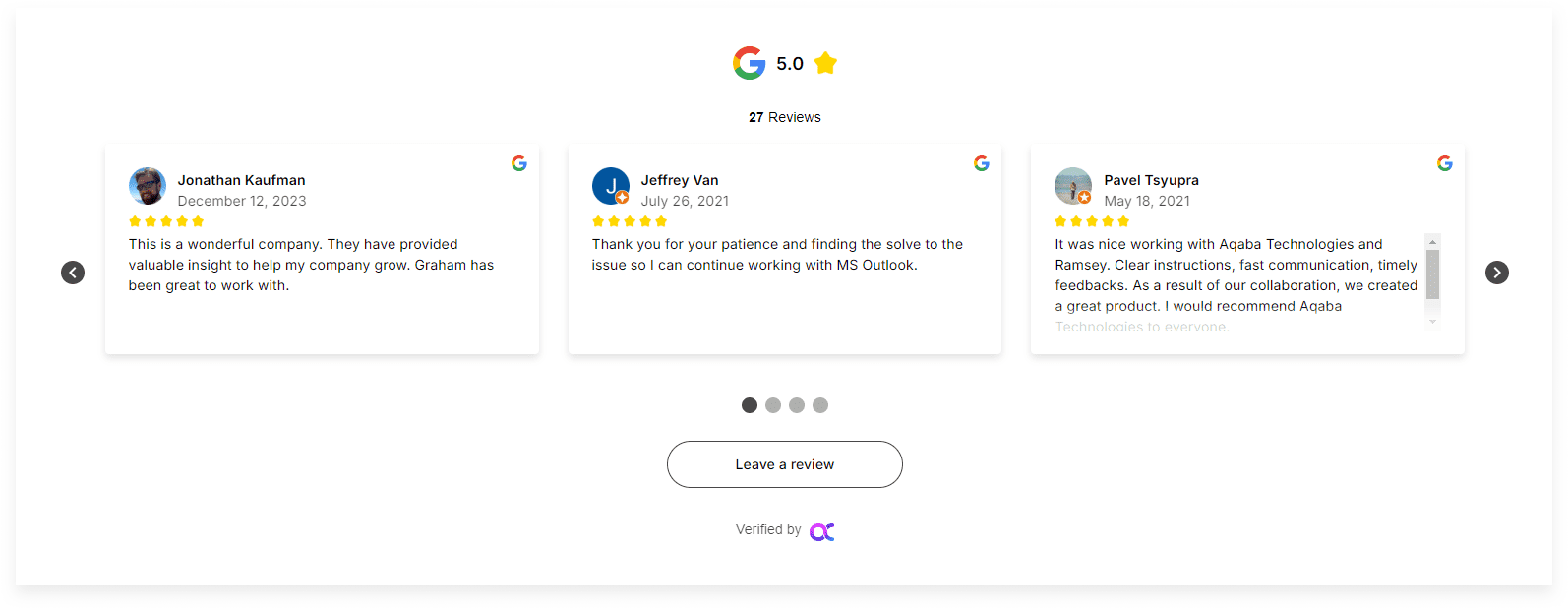Mobilegeddon Update
Remember earlier this year when Google unveiled its plans to expand its use of mobile-friendliness as a ranking signal in search results? This was slated to have an effect on mobile searches in all languages globally, a move dubbed “Mobilegeddon” by those in the tech community. It was implemented so more users could have better access to more relevant and higher quality search results when making a query that optimizes to the mobile device in use at that time. The change would in effect weigh a website’s mobile-friendliness as a ranking signal and penalize sites that didn’t automatically adjust to the smaller screens of smartphones. Well, that change has now been put into effect, and it’s this mobile-friendly update that could affect more than 40 percent of Fortune 500 websites, says Tech Crunch.
Details of the Change
The website of the future is here, and that means it has to optimize its readability to small screens. Period. A site that’s mobile friendly — at least in Google’s eyes will have:
- Text that is readable without the need to tap or zoom
- Tap targets that are appropriately spaced out
- Pages that don’t have unplayable content or the need for horizontal scrolling
Sites that follow these rules are essentially mobile friendly and will avert Google’s penalties on ranking. To clarify, these new changes only affect a company’s search ranking on websites that appear on smart phones only, not the larger tablets. You would think that most websites of Fortune 500 companies would be mobile friendly by now, but nearly half of them are still not — 44 percent in fact. Google’s threat of a downgrade may be the kick in the pants these businesses need to start making some much-needed changes.
Advantages
Creating a mobile-friendly site is good for business, though, and it behooves these companies to step up to the plate. Branding Brand points out that 43 percent of all smartphone traffic came from search in the first quarter of this year, representing a five percent increase over quarter four of 2014. Mobile traffic can lead to a significant portion of a website’s revenue, as so many people are searching for services and products today while on-the-go. Developing mobile-friendly experiences helps with conversion, to be sure, but it also helps with websites being found by the consumer in the first place. Google’s rollout of the new algorithm is taking place as we speak. Good news is, webmasters have the opportunity to test out their sites using tools like the Mobile-Friendly Test or the Mobile Usability report in Webmaster Tools to see how everything will flesh out. For those businesses that refuse to convert to a mobile-friendly site, Google will be unforgiving, resulting in a significant decrease in mobile traffic via Google Search.
Author:
Ramsey Sweis
President and Founder of Aqaba Technologies
LinkedIn: View Profile
Twitter: @AqabaTech




